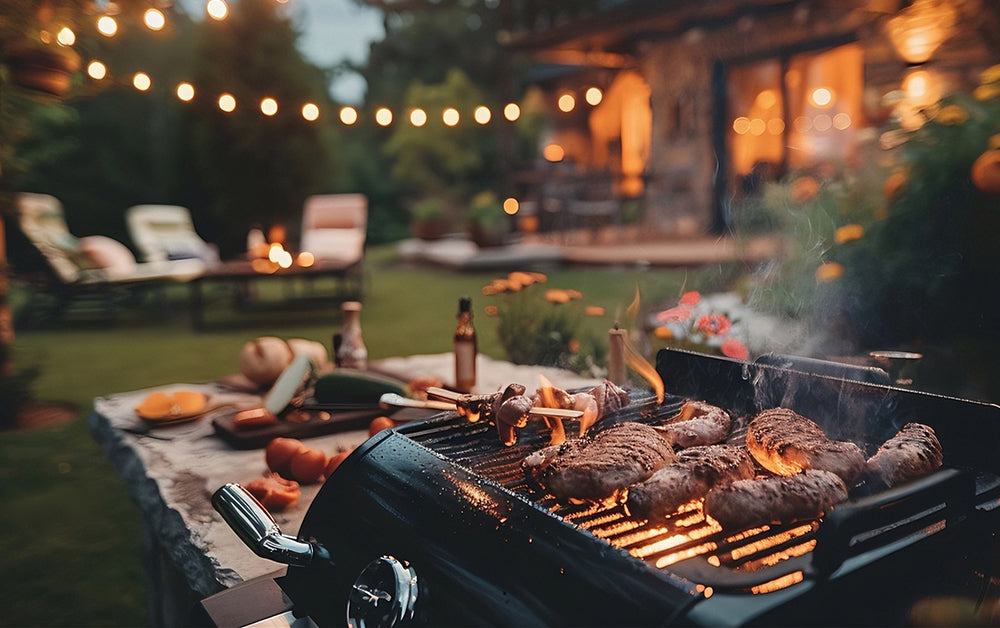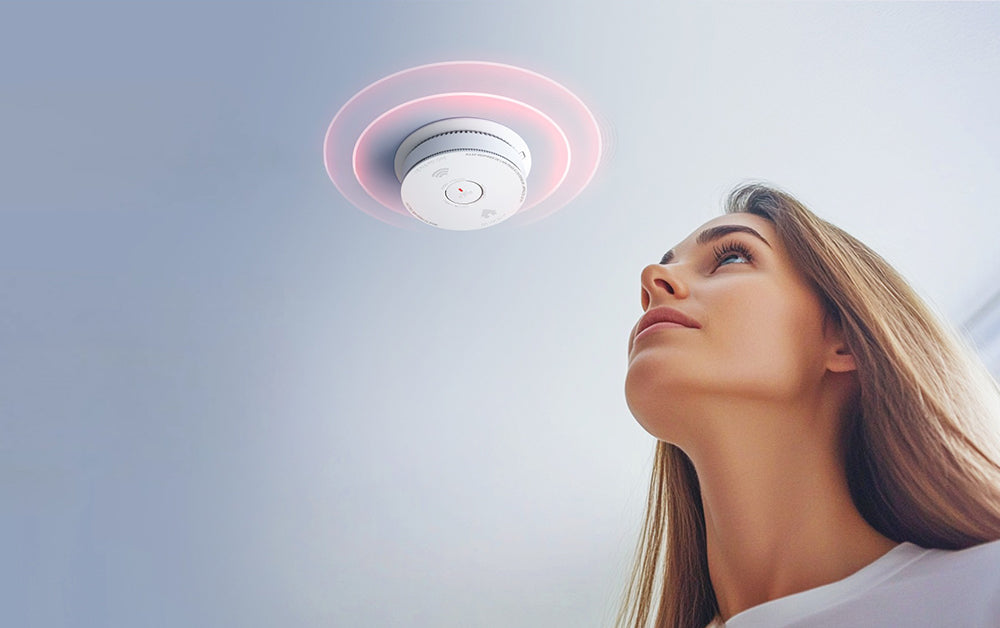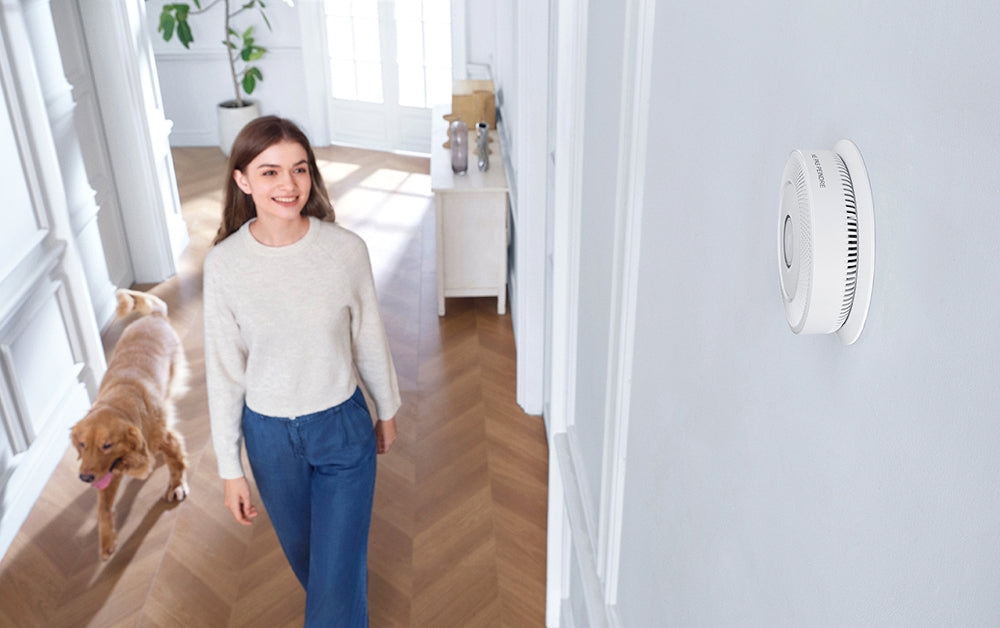Long Summer days and backyard barbecues go hand in hand. But while you're enjoying juicy burgers and grilled veggies, it's important not to overlook one crucial thing: fire safety. According to the National Fire Protection Association (NFPA), grilling-related fires cause over 10,000 home fires every year in the U.S. alone.
Whether you're a weekend grill master or hosting your first summer cookout, here are five must-follow BBQ safety tips to help you stay safe and savor every bite.
1. Keep Your Grill at Least 10 Feet from Your Home
Why it matters: Grills give intense heat, and placing them too close to your house, garage, or wooden deck increases the risk of fire. A sudden flare-up or gust of wind can ignite nearby surfaces before you know it.
Pro Tip: Place your grill on a flat, non-flammable surface like concrete or brick, away from low-hanging branches, outdoor furniture, or siding.

2. Never Leave a Lit Grill Unattended
Why it matters: Fire can double in size every 30 seconds. It takes just moments for an unattended grill to turn a fun afternoon into a dangerous emergency.
Pro Tip: Always assign someone to be the grill "captain". If you need to step away, turn off the burners and close the lid until you return.
Bonus Tip: Use long-handled tools to maintain distance and reduce the risk of burns.

3. Clean Grease Buildup Before You Cook
Why it matters: Grease and fat buildup inside your grill can ignite and flare up without warning. A clean grill is not only safer, but also improves flavor and cooking efficiency.
What to do:
- Scrape grates and empty grease trays before every use.
- Perform a deep clean at least once a month if you grill frequently.
- Avoid using excessive oil-based marinades that can drip and ignite.
Regular grill maintenance is key to preventing BBQ grease fires and ensuring safe outdoor cooking all summer long.

4. Prepare Fire-Fighting Tools in Advance
Why it matters: If something does go wrong, seconds matter. Having the right tools within arm's reach can make the difference between a minor scare and a full-blown emergency.
Essential Gear:
- A fire extinguisher rated for grease and electrical fires (Class ABC)
- A fire blanket—ideal for something small flare-ups quickly and easily
- A nearby water source, like a hose or bucket
Tip: Check your extinguisher's pressure gauge monthly and replace expired models.

5. Keep Kids and Pets at a Safe Distance
Why it matters: Curious little hands and paws don't mix well with hot grills, sharp tools, and open flames. Most grill burns involving children occur when they bump into or touch a hot grill.
What to do:
- Create a three-foot safety zone around your grill—no kids, no pets allowed.
- Use bright tape or cones to mark off the area for young children.
- Teach older children basic fire safety and why grills aren't toys.
"Fire safety isn't about fire equipment—it's about habits. Creating a safe perimeter protects everyone," says the Siterwell spokesperson.

Don't Forget: Test Your Smoke and CO Alarms
If you're grilling near an indoor space (like an attached patio or near open windows), be aware that smoke may drift inside. Make sure your smoke detectors and carbon monoxide alarms are working properly.
Quick Checklist:
- Test alarms monthly
- Replace batteries as needed
- Place detectors near doors and indoor entryways
Final thoughts: Safety First, Flavor Second
Grilling should be joyful, not dangerous. By following these fire safety tips and staying prepared, you can protect your home and loved ones while still enjoying everything summer has to offer.
At Siterwell, we believe protection should be simple, smart, and always within reach.
Stay safe, stay vigilant—and keep the fire where it belongs: under the burgers.
Ready to make your summer cookouts safer? Explore Siterwell's trusted smoke and CO alarms.




